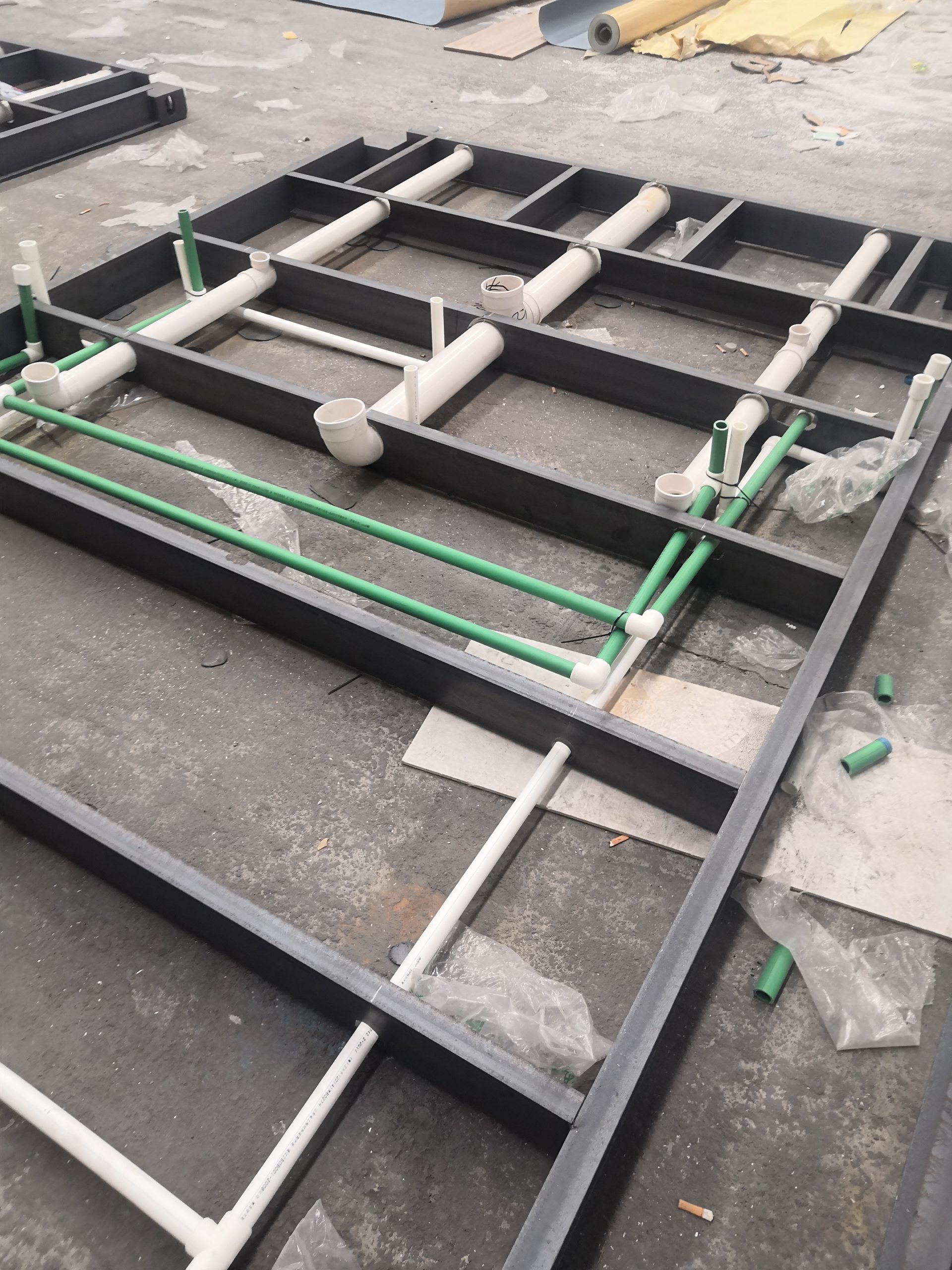Manufacturer Quality Control Procedures
Table of Contents
Implementing Effective Quality Control Procedures in Manufacturing
Quality control procedures are essential in the manufacturing industry to ensure that products meet the required standards and specifications. Manufacturers must implement effective quality control procedures to maintain consistency, reliability, and customer satisfaction. In this article, we will discuss the importance of quality control procedures in manufacturing and how manufacturers can implement them effectively.
Quality control procedures are designed to monitor and evaluate the quality of products throughout the manufacturing process. By implementing quality control procedures, manufacturers can identify and correct any defects or deviations from the desired specifications before the products are released to the market. This helps to prevent costly recalls, rework, and customer complaints, ultimately saving time and money for the manufacturer.
One of the key benefits of quality control procedures is that they help to ensure consistency in product quality. By establishing clear quality standards and procedures, manufacturers can maintain a high level of consistency in their products, regardless of the production volume or location. This consistency is essential for building a strong reputation for quality and reliability in the market.
Another important benefit of quality control procedures is that they help to improve efficiency and productivity in the manufacturing process. By identifying and addressing quality issues early on, manufacturers can reduce waste, rework, and downtime, leading to higher productivity and lower production costs. This can give manufacturers a competitive edge in the market by allowing them to deliver high-quality products at a lower cost.
To implement effective quality control procedures, manufacturers must first establish clear quality standards and specifications for their products. These standards should be based on customer requirements, industry regulations, and best practices in the manufacturing industry. Once the quality standards are established, manufacturers can develop procedures for monitoring and evaluating product quality at each stage of the manufacturing process.
One common quality control procedure used in manufacturing is statistical process control (SPC). SPC involves monitoring and analyzing production processes to identify any variations or abnormalities that could affect product quality. By using statistical tools and techniques, manufacturers can detect trends, patterns, and outliers in the production process, allowing them to take corrective action before defects occur.
In addition to SPC, manufacturers can also implement other quality control procedures such as inspection, testing, and auditing. Inspection involves visually inspecting products for defects or deviations from the specifications, while testing involves conducting physical or chemical tests to verify product quality. Auditing involves reviewing and evaluating the effectiveness of quality control procedures to ensure compliance with quality standards.
To ensure the effectiveness of quality control procedures, manufacturers must also provide training and support to employees involved in the manufacturing process. Employees should be trained on how to use quality control tools and techniques, as well as how to identify and address quality issues. By investing in employee training and development, manufacturers can build a culture of quality and continuous improvement in the organization.
In conclusion, quality control procedures are essential for ensuring product quality, consistency, and customer satisfaction in the manufacturing industry. By implementing effective quality control procedures, manufacturers can improve efficiency, productivity, and competitiveness in the market. By establishing clear quality standards, monitoring product quality throughout the manufacturing process, and providing training and support to employees, manufacturers can build a strong foundation for quality and success in the industry.
Importance of Regular Audits in Ensuring Manufacturer Quality Control
Quality control is a crucial aspect of manufacturing processes, as it ensures that products meet the required standards and specifications. Regular audits play a vital role in ensuring that manufacturer quality control procedures are being followed effectively. By conducting audits at regular intervals, manufacturers can identify any deviations from the established procedures and take corrective actions to maintain product quality.
One of the key reasons why regular audits are important in ensuring manufacturer quality control is that they help in identifying potential issues before they escalate. By reviewing the manufacturing processes and procedures on a regular basis, auditors can spot any deviations or non-compliance early on. This allows manufacturers to take corrective actions promptly, preventing any defects or quality issues from reaching the end consumer.
Moreover, regular audits help in maintaining consistency in product quality. By monitoring the manufacturing processes and procedures regularly, manufacturers can ensure that the quality of their products remains consistent over time. This is essential for building a strong reputation in the market and gaining the trust of customers. Consistent product quality also helps in reducing the risk of product recalls and warranty claims, which can have a significant impact on the company’s bottom line.
Another important aspect of regular audits in ensuring manufacturer quality control is that they help in identifying areas for improvement. By reviewing the manufacturing processes and procedures, auditors can identify inefficiencies or bottlenecks that may be affecting product quality. This allows manufacturers to make necessary changes to improve their processes and enhance product quality. Continuous improvement is essential for staying competitive in the market and meeting the evolving needs of customers.
Furthermore, regular audits help in ensuring compliance with regulatory requirements and industry standards. Manufacturers are required to adhere to various regulations and standards to ensure the safety and quality of their products. By conducting audits regularly, manufacturers can ensure that they are meeting all the necessary requirements and avoid any potential legal issues. Compliance with regulations and standards also helps in building trust with customers and stakeholders, as it demonstrates a commitment to product quality and safety.

In conclusion, regular audits play a crucial role in ensuring manufacturer quality control procedures are being followed effectively. By conducting audits at regular intervals, manufacturers can identify potential issues early on, maintain consistency in product quality, identify areas for improvement, and ensure compliance with regulatory requirements and industry standards. Ultimately, regular audits help in enhancing product quality, building a strong reputation in the market, and meeting the needs of customers. Manufacturers should prioritize regular audits as part of their quality control procedures to ensure the continued success of their business.






